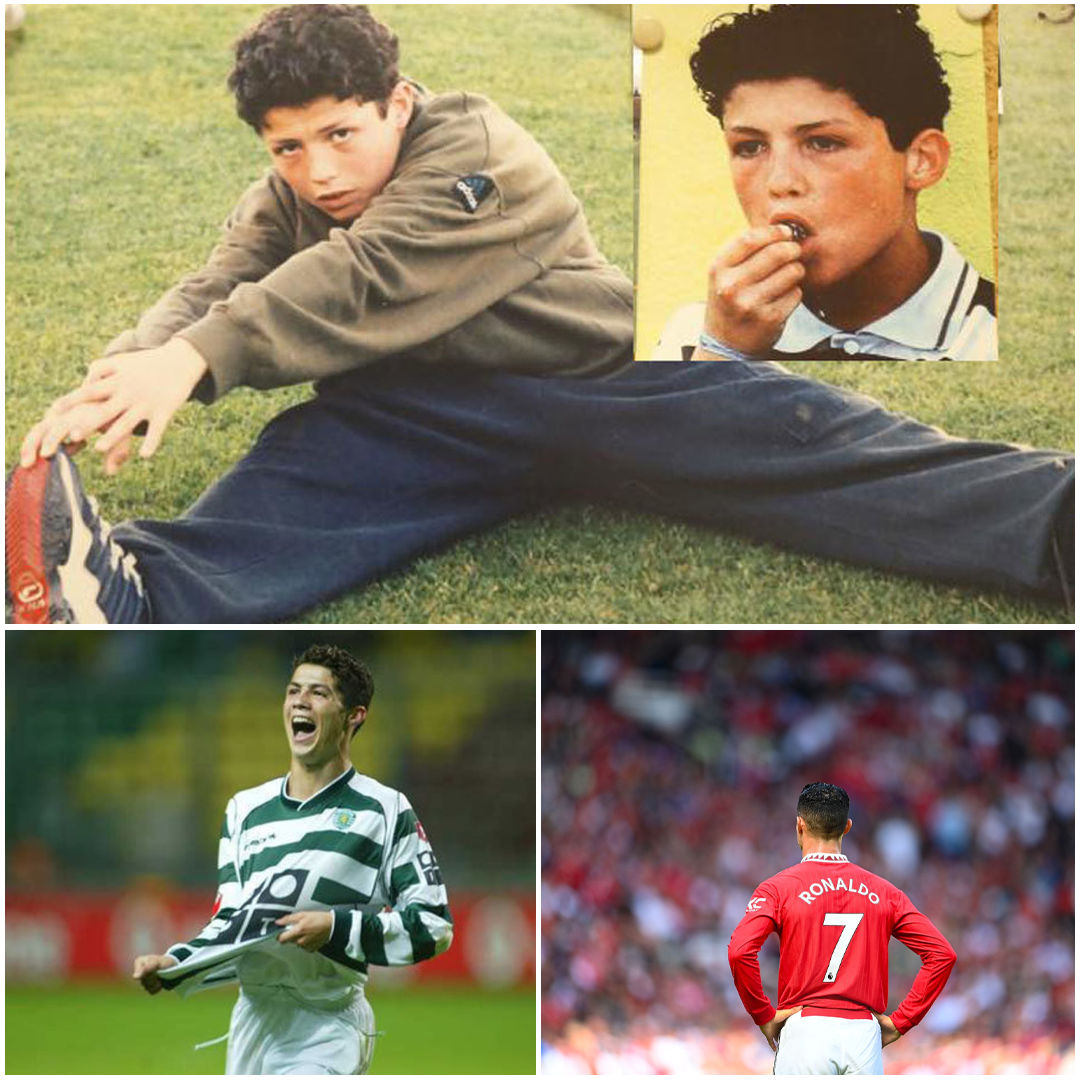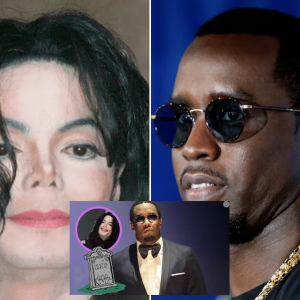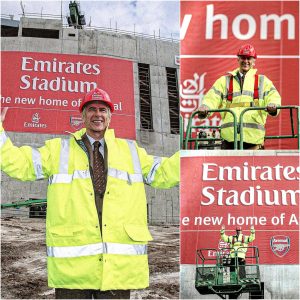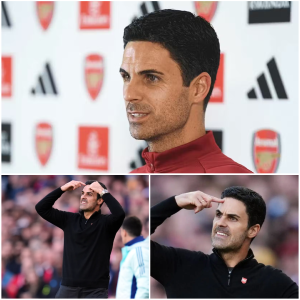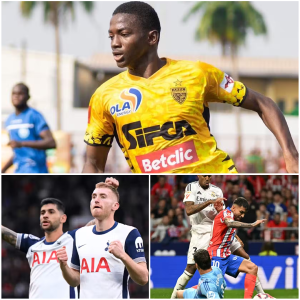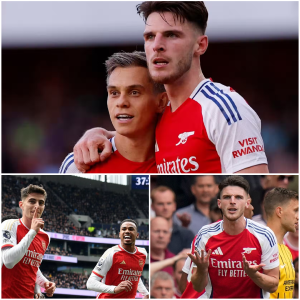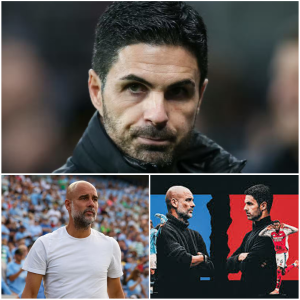Cristiano Ronaldo’s beginnings in Santo Antonio, a mountainous neighbourhood of Funchal, Madeira, could hardly have been more humble.

Ronaldo was born on February 5, 1985, the youngest of four children – two girls and two boys. His mother, Maria Dolores dos Santos Aveiro, was a chef and his father, Jose Dinis Aveiro, a gardener. Together they worked hard to provide the basic needs of their small family.
It was Jose who nurtured young Cristiano into a football-based childhood. As the kit man for his local club, Andorinha, he pushed his youngest son on the path that would lead him to become one of the sport’s greatest ever footballers. A figure recognised the world over, he became a symbol of belief, determination, resilience, strength and character.
Ronaldo’s football career took him from Andorinha to Nacional and then to the mainland with Sporting CP, where he was finally signed as a 12-year-old after passing a three-day trial that would have stopped boys of lesser character.
“When he was a kid, he was like any other kid,” Fernao Barros Sousa, his godfather and the key figure behind his move to Nacional, told Goal. “But he had something different to the others and that was that he played a lot of football. Even from a young age. When other kids were studying, he put his studies on the back burner to play football.”

However, when he arrived in Lisbon, young Ronaldo had to test his abilities once again. The capital was a difficult place for a skinny boy living alone.
Joao Marques de Freitas, a member of Sporting who played a key role in the youngster’s move to the capital, explained: “He had a hard time adapting in Lisbon because the Madeirans have a very different accent here. Cristiano had problems at school, they laughed at him and he protested. There was a time when he wanted to leave but luckily he stayed. He had a bad time.”
As it happened, Ronaldo was so unhappy with his life that he returned home to Madeira for a short while. After a pep talk from Barros Sousa, he got back on the plane, overcame his doubts and was once again on his way to becoming a legend.
But success did not come by accident. Even as a youngster, Ronaldo’s work ethic was second to none, as academy teammate Christopher Pilar explains: “Ronaldo was different because of all the work he did – not so much during training, but after training. He would always stay back and work an extra half hour on the exercises that he found most difficult.
“The way he trains, the way he motivates his teammates, the way he corrects them, his will to win, his will to impress, is above all others.
“We all want to play football and please our parents. But his dream is not only to please his family but also everyone who watches him.”
Ronaldo went on to achieve great success at Sporting, playing just a single season for the first team before moving to one of the biggest clubs in the world, Manchester United.
At just 18, he was handed the iconic number 7 shirt worn by greats such as George Best, Eric Cantona and David Beckham.
“There have been a number of players who have been described as the new George Best, but this is the first time it has been a compliment to me,” the late Northern Irishman, an iconic figure at the Red Devils, joked in 2004.
Immediately faced with this enormous burden of expectation, mere mortals might have been crushed by the pressure, but instead it proved to be an additional source of motivation for the inspired young talent.

Wayne Rooney praised his former teammate’s confidence in his autobiography: “If there is anyone with more self-belief than Ronaldo, I have yet to meet him.”
Around the dressing room, Ronaldo was upbeat as he insisted he would become the best, as the England legend continued to explain: “He told us he wanted to be the best player in the world, that he aspired to be the greatest,” Ronnie shared.
“In the dressing room before the 2006-07 season, I noticed something different about him. He was bigger after coming back from the World Cup in Germany, with muscles as if he had been lifting weights all summer.

“On the pitch in pre-season, he has begun to strip away the frills and find the final efficiency of his mesmerising runs.
“I knew one thing – this change in Ronaldo was not a fluke. He worked hard. When I watched him train or saw him score great goals for fun in pre-season friendlies, I thought he could really become the best player in the world.”
Ronaldo won every honour he deserved at Old Trafford, including the first of his five Ballon d’Ors, before setting his sights on a new challenge with Real Madrid.
Desperate for a move to the Bernabeu, he finally got his dream when he became the world’s most expensive player at €94 million. When he was unveiled to the club’s fans, he attracted 80,000 people to the stadium.

Only the best can handle the pressure of playing for a giant club with an unprecedented transfer fee, but Cristiano has proven himself worthy, elevating himself to superstar status beyond the confines of sport.
Of course, his reputation is also bolstered by his remarkable achievements on the pitch, where he retains a remarkable ability to rise to the occasion in the biggest games, be it El Clasico against Barcelona or scoring the decisive penalty in the Champions League final against Atletico Madrid. When Real needed Ronaldo, Ronaldo inevitably stepped up.
He was even able to reinvent himself, switching inside to become a quality centre-forward, becoming the club’s record goalscorer, surpassing greats such as Ferenc Puskas, Alfredo Di Stefano and Raul.
In Madrid, where even legends can be crushed by the pressure, Ronaldo has instead thrived, setting a diamond standard that all others will have to live up to. In addition to his four Ballons d’Or, there are a host of team achievements that he leads, including four Champions League titles, three of which were won in consecutive years before he decided to leave for Juventus and another new challenge in the summer of 2018.
In Turin, he will face the usual critics who say he is too old to be worth the €100m transfer fee. Three goals in his first seven Serie A appearances were a slow start – but he soon overcame the noise with typically powerful football to lead Juventus to the Champions League quarter-finals.

Once again he would prove his worth when the going got tough, scoring a stunning hat-trick in the second leg of the last-16 tie to help Juve overcome Atletico Madrid 3-2 on aggregate in a remarkable comeback. Impossible.
Next up is the challenge on the international front in the Nations League. As well as at club level, Ronaldo has proved an inspiration for his country and heads into the tournament with 85 goals in 156 appearances since his debut in 2003.
He has the chance to make history by becoming the first captain to win UEFA’s new competition – with the huge incentive of doing so on home soil.
Euro 2004 brought only disappointment for Cristiano and his Portugal teammates as they lost to Greece in the final, but he rallied those around him to succeed in France 12 years later against all odds.
Switzerland tried to block his path to the final, but he outclassed them with an incredible hat-trick to seal a 3-1 win.

The Netherlands were Portugal’s next challenge, and Cristiano showed his leadership form to help lead his country to another major trophy as Portugal became the first-ever champions of the UEFA Nations League.
He is a man who has proven throughout his legendary career that he has an unquenchable desire to overcome all odds, making him a role model for all those who aim to achieve excellence. Hard work, dedication and unwavering belief in himself have been the rocket fuel that has propelled Ronaldo to immortality in the sport he loves.
